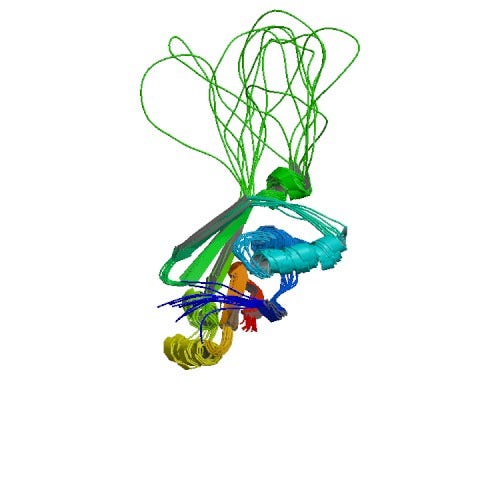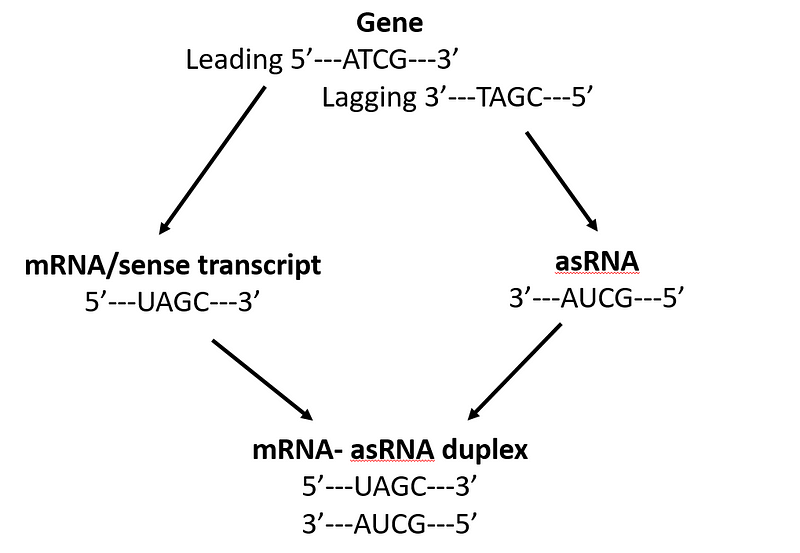The Future of AI in Drug Discovery: Promise or Pitfall?
Written on
Chapter 1: Understanding AI's Role in Drug Development
AI has made significant strides in the pharmaceutical sector, with Deep Genomics recently announcing a potential drug candidate for Wilson’s Disease, a rare condition affecting copper metabolism in the body.
This development is noteworthy as it may lead to a viable treatment for those affected by Wilson's Disease, showcasing AI's capabilities in drug discovery. However, it also raises questions about the broader implications of AI in healthcare.

Wilson's Disease is characterized by an inability to maintain proper copper levels—while copper is essential in small amounts, excessive levels can be harmful. The condition stems from mutations in the ATP7B gene, but the precise way these mutations lead to the disease has been a mystery until now.
Deep Genomics’ AI-driven analysis appears to have illuminated this enigma, suggesting that a particular mutation disrupts the production of the protein rather than its function. Supporting this theory, the company conducted experiments on isolated cells.
Subsection 1.1: Drug Candidate Generation
Using AI, Deep Genomics generated potential drug candidates that diverge from conventional expectations. Instead of discovering a small oral medication or a biological injection, the company identified potential antisense therapeutics. These are DNA or RNA molecules designed to bind with mRNAs, which translate genetic information into proteins. Antisense therapeutics can correct errors in mRNA processing. By knowing the sequence of an mRNA, scientists can predict a complementary antisense RNA sequence, following the base-pairing rules established by Watson and Crick.

Nevertheless, the challenge lies in the multitude of possible sequences. Due to the tendency of mRNAs to form stable secondary structures, only a select few sequences are likely to be effective. AI can streamline the identification of the most promising sequences, significantly reducing the time needed to evaluate numerous candidates.
However, it's important to note that antisense therapy is not a particularly robust treatment platform. Despite its existence for decades, only a limited number of antisense drugs have received approval, often targeting rare diseases, and they tend to be costly.
In summary, Deep Genomics' AI platform has proposed a novel understanding of how a mutation in the ATP7B gene leads to Wilson's Disease, conducted supportive experiments, and utilized AI to expedite the suggestion of antisense therapeutic sequences.
The company is understandably proud of its achievements, with a strategic advisor stating, "This is truly unprecedented... we are witnessing a new era of drug discovery." Meanwhile, the founder expressed optimism, viewing this as the dawn of a transformative period in drug development.
Chapter 2: The Implications of AI in Broader Drug Discovery
The first video titled "AI in Drug Discovery: Revolution or Pandora's Box?" explores the dual-edged nature of AI's influence in pharmaceutical innovation and the ethical considerations that accompany it.
Despite the excitement surrounding AI in drug discovery, a critical question arises: why is this initial success targeting such a rare disease? Wilson's Disease affects roughly 1 in 30,000 people, and the specific mutation analyzed by Deep Genomics accounts for about 1 in 50 cases. This translates to a potential benefit for only about 1 in 1.5 million individuals, rendering it relatively insignificant from a public health perspective.
From a financial standpoint, it raises concerns about the feasibility of generating revenue without imposing exorbitant costs on patients. The real issue lies in whether the same AI methodologies applied in this case could be as effective in identifying drug targets for more prevalent diseases like cardiovascular conditions, cancer, or Alzheimer’s—conditions that desperately require innovative treatment options.
The stark contrast is evident when examining the volume of research dedicated to these major diseases compared to Wilson's. A search for Wilson's Disease yields around 2,297 studies over the past decade, while Alzheimer’s boasts a staggering 81,805 publications. This indicates that numerous researchers have extensively explored Alzheimer's, employing various methodologies and hypotheses.
While AI can undoubtedly enhance efficiency in data analysis, it may struggle to uncover new targets in diseases that have already been meticulously investigated. It seems that the most promising drug targets in more prevalent diseases have already been identified by a dedicated workforce of biochemists over the years, leaving little room for new discoveries.
In retrospect, if AI technologies had been available in the 1960s, they would have significantly accelerated the discovery of therapeutic targets. However, the groundwork laid by biochemists has already narrowed the landscape for new findings.
As we observe the evolution of AI in drug discovery, it becomes clear that it primarily yields promising results for rare diseases. This trend reflects a broader shift in the pharmaceutical industry, suggesting that the era of blockbuster drugs may be waning, leaving Big Pharma to grapple with new challenges.
The second video titled "How AI Could Transform Drug Development And The Life Sciences" delves into the transformative potential of AI in various domains of drug development and its implications for future healthcare innovations.